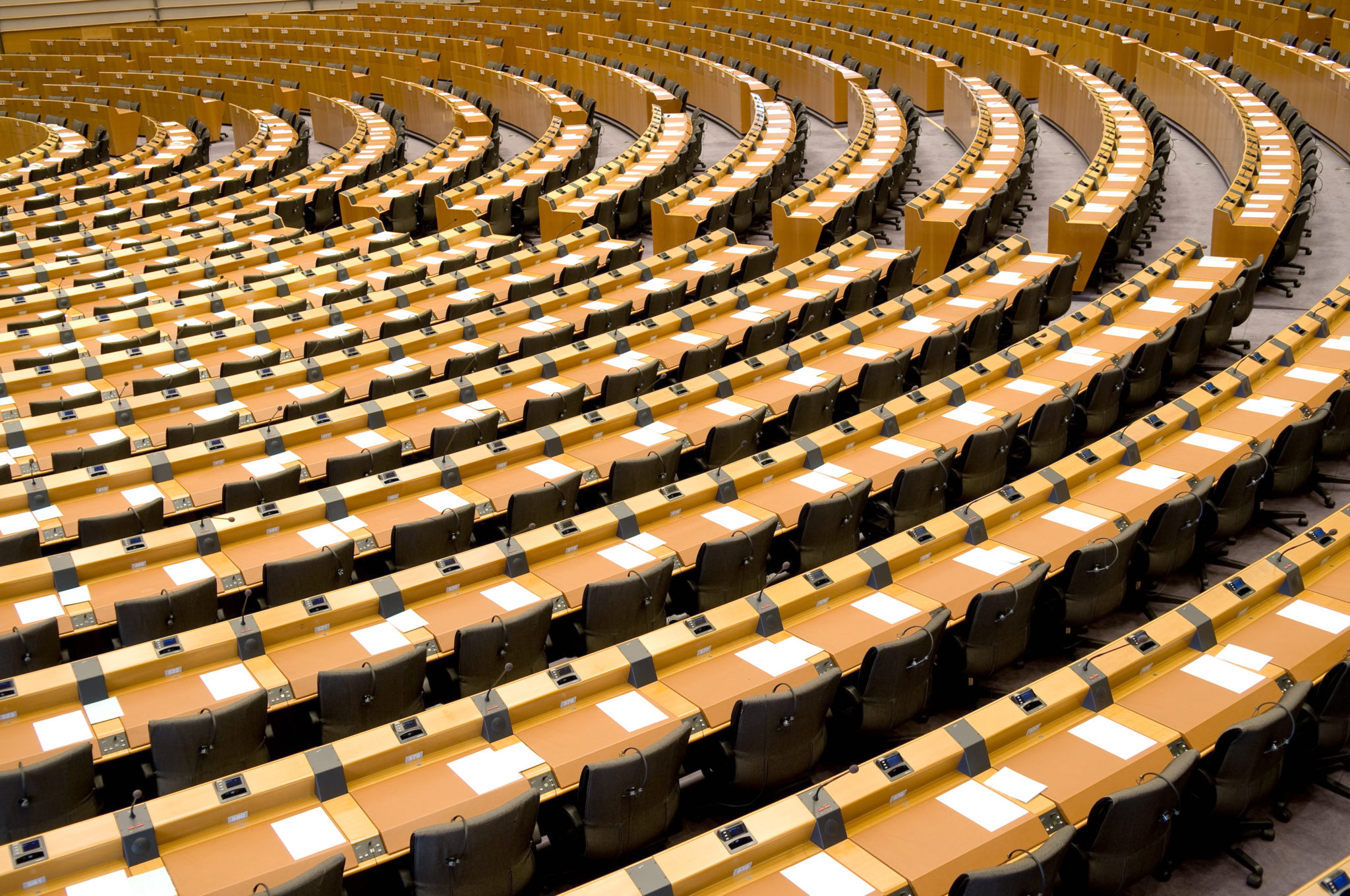European institutions contemplate the metaverse and its policy challenges
Published on 4th Aug 2022
European Parliament Research Service paper considers regulation by adapting the existing digital world policy framework

Like the EU Council in March 2022, the European Parliament, via its research service (EPRS), has begun to consider how to address issues arising from the metaverse. On 28 June 2022, the EPRS organised a policy roundtable with various experts from the EU, academia and industry in order to discuss the following question: "The Metaverse: a unique opportunity for innovation and growth - or a dangerous ‘parallel reality’?"
The EPRS has also published a briefing note on the key opportunities and policy risks of the metaverse, while acknowledging that its exact scope and impact on society and on the economy is still unknown.
Metaverse applications
The paper first examines metaverse applications, which are as diverse as virtual reality (VR) games and entertainment events, work meetings and even virtual therapy or remote surgery. As described by the EPRS, the metaverse is “an immersive and constant virtual 3D world where people interact by means of an avatar to carry out a wide range of activities. Such activities can range from leisure and gaming to professional and commercial interactions, financial transactions or even health interventions such as surgery.”
While highlighting the attractiveness of the metaverse resulting from the wide range of opportunities it opens up across many sectors, such as healthcare, education, professional training or industry, the paper seems to focus a bit more on its risks and challenges, through seven key policy issues.
Risks and challenges
Besides financial transactions, cybersecurity, health, and accessibility and inclusiveness issues, the EPRS considers the following issues:
- Competition: The paper highlights in particular standardisation and interoperability issues and also "killer acquisitions", merger control and antitrust concerns such as refusals to grant a competitor access to a metaverse space.
- Data protection: Among the challenges to be addressed, there is the difficulty of determining the responsibilities and liabilities in terms of data protection of metaverse players. This is because of their multiplicity and their blurred roles. The issue of data sharing and portability also arises, due to interoperability and users' movements between different metaverses. Particular attention should also be paid to the issue of the effectiveness of any age verification and measures to deter children from providing their personal data, or the risks of intrusive profiling.
- Liabilities: In the metaverse, it may not always be clear who is an infrastructure or content provider and who is a user – and those roles will often overlap, for instance when entities or individuals create their own presence within a larger platform. This blurring of roles and relationships within the metaverse will make it challenging to allocate responsibilities and liabilities between the different actors, but it will remain important to have a practical framework to determine and make clear to users with whom they are interacting, sharing data or contracting.
For each of those issues, the paper explores the potential policy reactions from tweaking rules and setting interoperability standards, enhancing privacy protections and data sharing tools at the same time, all the way to blockchain regulation and enhanced content moderation rules.
Data sharing in particular has the potential to become a very hot topic, since the vast majority of tech companies are already relying on data-driven business models, and regulation is already on the way to boost competition in that space.
Osborne Clarke comment
As highlighted by the EPRS, some of the EU rules in today's digital world may apply to some of these issues but there is a need to review and update them. In particular, the General Data Protection Regulation (GDPR) was not designed to address all the complexities presented by the metaverse. The same applies to the Digital Services Act or to the draft AI Act that do not address the topic of virtual reality. Beyond the adaptation and revision of policy tools, one cannot ignore the enforcement challenges in this borderless virtual world.
It is important to note that this paper does not constitute draft legislation or an official statement of policy goals but it is intended to give MEPs food for thought in the legislative process. As MEP Axel Voss indicated at the roundtable, "as a legislator we have now to think about how we can regulate already something what is not there, or what is existing already but in a smaller dimension."
With its many links to further sources, the EPRS paper makes for interesting reading – one to add to the EU Council's recent metaverse paper and our own metaverse report published in October 2021.





